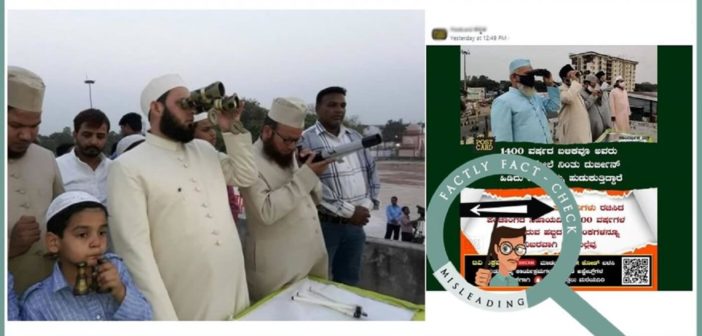A photo is being shared on social media claiming that even after 1400 years, Muslims were still standing on Mosques and looking for the moon to determine their festivals. This post claims that Hindus, with the knowledge provided by their ancestors, could pre-determine the dates of festivals 100 years early. Let’s verify the claim made in the post.
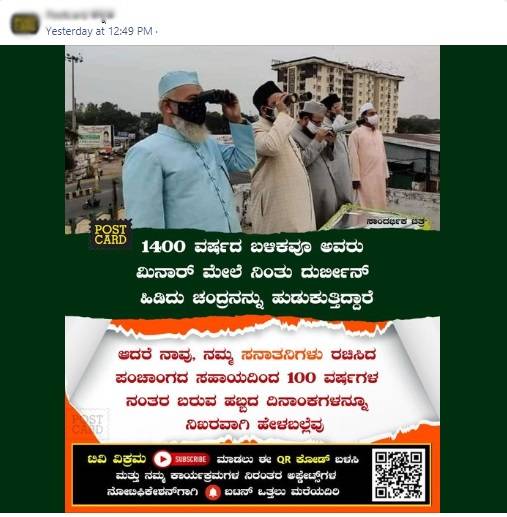
Claim: Muslims still cannot accurately state the dates of their festivals.
Fact: Muslims follow the Hijri calendar (Islamic calendar), a date-keeping system based on lunar cycles. The Ramadan fasting month starts on the new moon day of the 9th month and ends with the next appearance of a new moon on the 10th month of the Islamic calendar every year. During Prophet Mohammed’s days, astronomical calculations weren’t as precise. Hence, people went by what they could see with the naked eye. But now there are precise scientific calculations available to tell exactly when the new moon begins. However, some Islam scholars still believe that they should wait until the slight crescent moon is visible in the night sky while attributing it to a saying from Prophet Mohammad. Muslims could determine specific dates for other festivals like Muharram. Hindu festivals are determined based on a lunisolar calendar. Hence, the claim made in the post is MISLEADING.
On reverse image search of the photo shared in the post, the same photo was found published in an article with a description, “Scholars looking at the moon of Eid”. When we searched for the details of the Eid festival, we found that Muslims celebrate their festivals based on the Hijri calendar (Islamic calendar), a date-keeping system based on lunar cycles. The beginning of each new month in the Islamic calendar starts on the new moon. The year is 354 days long which is 11 days shorter than 365 days of the Gregorian calendar. The Ramadan fasting month starts on the new moon day of the 9th month and ends with the next appearance of a new moon on the 10th month of the Islamic calendar every year. Every year Ramadan moves backwards by 11 days and so, the starting day of the Ramadan festival changes every year accordingly.
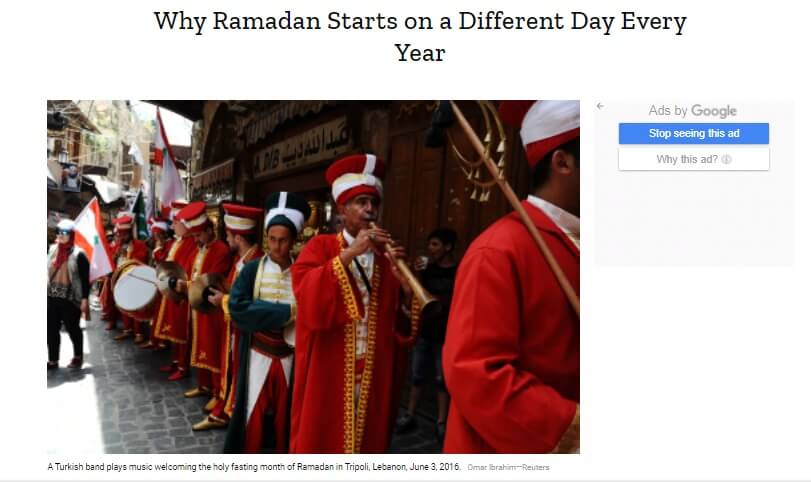
Back in the sixth century, during Prophet Mohammed’s days, astronomical calculations weren’t as precise. So, people went by what they could see with the naked eye. Since the new moon isn’t super visible in the night sky, Muslims traditionally waited to start fasting until the small sliver of the crescent moon became visible. There’s even a saying attributed to the Prophet Mohammed about waiting to start the fast until you see the crescent. Things like clouds or just the difficulty of spotting the moon in some locations often led to different groups starting their fast on separate days, even within the same country. However, now there are precise scientific calculations that tell us exactly when the new moon begins and there is no need to wait until someone spots a tiny crescent in the sky. But a few Muslim scholars believe they should still wait until the slight crescent moon is visible in the night sky because that’s what Mohammed said to do. The Markaz Chand Committee usually decides Ramadan dates in India. Muslims determine specific dates for other festivals like Muharram and others.
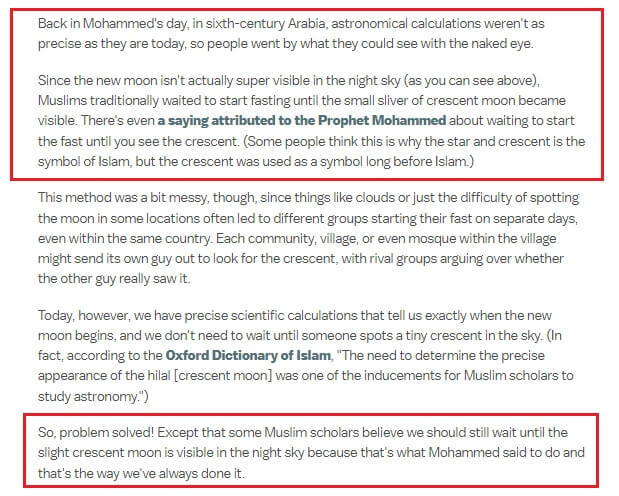
Hindu festivals are determined according to the lunisolar calendar with many regional variations. Although the Hindu calendar was also based on the moon’s movement around the earth, for every 2-3 years, 33 additional days (11 extra days * 3) are added by creating one extra lunar month (Adhika Mas) of 29 days and the remaining four days are adjusted. Different states tend to use different versions of the Hindu calendar that emphasize festivals that are important to their communities. Although holidays for a few festivals like Maha Shivarathri, Diwali, and others occur on the same day in all regions, their dates in the calendar can vary, depending on the variant of the Hindu calendar that they are using.
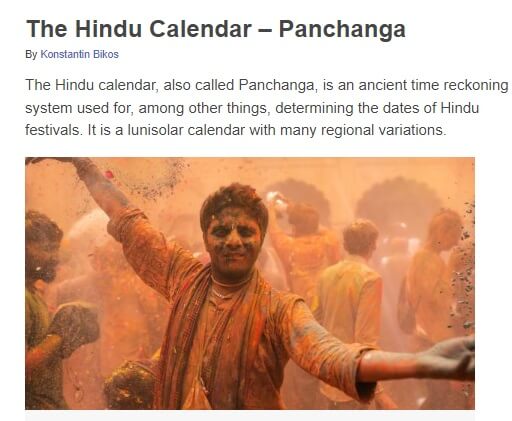
To sum it up, determining the festival dates in Muslim and Hindu communities differ from the type of calendars they are using.


